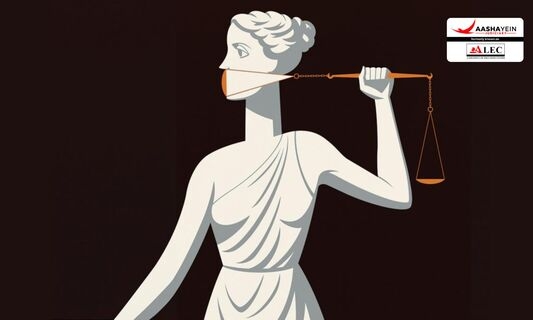The 1978 case of Nandini Satpathy v. P.L. Dani is a landmark judgment in Indian law, particularly concerning The Constitution and the Code of Criminal Procedure (CrPC). It addressed key issues related to the protections during police questioning under Section 161(2) of the CrPC and the Right against self-incrimination under Article 20(3) of the Constitution. Nandini Satpathy, the former Chief Minister of Odisha, refused to answer certain police questions, claiming they were self-incriminating. This judgment is significant for safeguarding individual liberties, as it upheld the constitutional right to remain silent and expanded the protection of individual rights during criminal investigations.
Fact
This case dealt with the constitutional aspects of refusing to answer questions during police interrogation. It examined the scope of Article 20(3) of the Constitution and Section 161(2) of the Cr.P.C. The Appellant, a former Chief Minister of Orissa, was summoned to the Vigilance Police Station in Cuttack for questioning in a case under the Prevention of Corruption Act. She refused to answer certain questions, claiming they were self-incriminatory. Following her refusal, she was charged under the IPC for not cooperating with a public officer. The Appellant challenged these charges, asserting her “right to remain silent”.
Issue-
Right to Silence for Suspects and Accused Persons: Does the constitutionally guaranteed right to silence apply to people who are just suspects or just to those who have been officially charged with a crime? Does this privilege hold both in court and during police investigations?
Scope of Self-Incrimination Protection: Does the constitutional protection against self-incrimination only apply to questions directly related to the current investigation, or does it also cover other potential accusations outside the immediate case?
Extent of Self-Incriminating Testimony: To what extent is "self-incrimination" construed? Does it contain responses that could point to guilt in cases that aren't related? Are there explicit rules outlined in laws such as Section 161(2) of the Criminal Procedure Code that differentiate between acceptable and prohibited questioning?
You can also read the Blog by visiting [Blog]
For more information, visit [Aashayein Enquiry Section]
Petitioner’s Arguments:
Exclusion of Accused under Section 161(1): The petitioner contends that an accused person is not included in the definition of "any person" in Section 161(1) of the Criminal Procedure Code. As a result, this clause should not be utilized to force the accused to respond to inquiries during an inquiry.
Exposure to Criminal Accusations: The petitioner emphasizes that the appellant is already involved in multiple legal proceedings. Any answers provided during questioning, even if seemingly irrelevant at the time, could be used to build a case against the appellant, creating a link in the prosecution's chain of evidence.
Right Against Self-Incrimination: Citing the constitutional protection under Article 20(3) of the Indian Constitution, the petitioner asserts that the accused has the right to withhold information that could be detrimental or incriminating. This protection ensures that the accused cannot be forced to become a witness against themselves in any form.
Respondent’s Arguments:
Article 20(3) and Section 161(2) are not to be applied simultaneously: The respondent contends that the protections under Article 20(3) of the Indian Constitution and Section 161(2) of the Criminal Procedure Code are distinct and cannot be applied simultaneously during a police investigation. While Article 20(3) safeguards against self-incrimination, it is primarily applicable in judicial proceedings, not during investigative questioning.
Scope of Protections during Interrogation: The respondent argues that Section 161(2) only restricts questions that directly expose a person to criminal charges but does not grant absolute immunity from answering all questions. They maintain that police questioning of suspects is necessary for effective investigation and is not barred by the Constitution unless the questioning explicitly violates legal safeguards.
Analysis of the Court
The Court held that suspects, even if not formally accused, fall within the meaning of "any person" in Section 161 of the Criminal Procedure Code if the police believe they are aware of the case facts. Such individuals are protected under Article 20(3) of the Constitution, which safeguards against self-incrimination, regardless of whether formal charges have been filed. The phrase "to be a witness against oneself" was interpreted to apply not only to judicial proceedings but also to all stages of investigation, covering any act of providing incriminating information.
The Court clarified that "compulsion" includes not only physical coercion but also psychological or environmental pressures used to extract testimony. Suspects have the right to remain silent if their answers could incriminate them in other cases. Access to legal counsel is equally crucial during non-custodial interrogations that resemble custodial settings.
The Court concluded that the right to remain silent applies only when there is a clear and definite risk of self-incrimination, not based on vague or hypothetical fears. Answers that are not clearly incriminating must still be given. The determination of whether an answer is incriminatory depends on the context and surrounding circumstances

